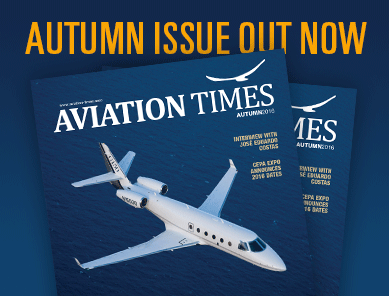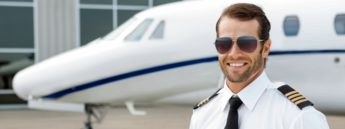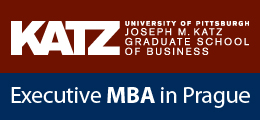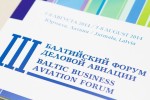Can We Make CRM Better?
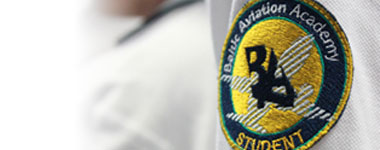 A lot of times, viewed as a laissez-faire subject compared to the aircraft hydraulics or SOP in the aviation training, CRM course is considered difficult to measure and many times even a waste of time. We continuously hear that about 70% of aviation accidents happen due to the human error, so why knowing these numbers, we treat with such neglect the importance of human behavior and fail to impart it and continuously encourage not only the development of the piloting skills, but also the self-improvement in the human communication, expression and self-awareness field.
A lot of times, viewed as a laissez-faire subject compared to the aircraft hydraulics or SOP in the aviation training, CRM course is considered difficult to measure and many times even a waste of time. We continuously hear that about 70% of aviation accidents happen due to the human error, so why knowing these numbers, we treat with such neglect the importance of human behavior and fail to impart it and continuously encourage not only the development of the piloting skills, but also the self-improvement in the human communication, expression and self-awareness field.
To take it from the top, CRM course entails overwhelmingly large amounts of disciplines, like psychology, sociology, biology, technical, and of course technical-to-human interaction knowledge. So if pilots are first of all focused on understanding the technology and mastering the skills to control it, how can they have the capacity to factor in such complex disciplines, alongside the aircraft control. CRM course, unlike most others aviation training courses has no interim or final exam, therefore it is difficult to measure how well pilots performed or even make pilots treat CRM with the same importance as other training courses. So what could be a reasonable intrinsic incentive for pilots?
1. Employer evaluation. Just like everyone, pilots are also employees, and they also have inner company rules and regulations to follow. In many companies, rules and regulations are accompanied by the yearly personal growth goals and performance evaluation therefore it is a great way to evaluate pilot’s performance in human interaction field by collecting feedback and evaluations from the colleagues and clients or passengers. Such feedback should be collected all throughout the year and given to a pilot before every recurrent CRM course as an encouragement or reminder of the areas needed to improve.
If you knew that your colleagues are always evaluating your behavior, would that impact how you treated the cabin attendant when you were cranky, or the co-pilot who did not “read your mind”? We believe it would and in a big way!
2. Visual and factual data. Currently all around the world, social campaigns are being taken to extreme levels with verydramatic and touchy visual media which at times is disturbing but definitely effective. Why couldn’t we create the specific CRM campaign for pilots, which would be displayed at the locations only accessible and visible by pilots, and carry a message of the importance of talking, communicating and always practicing high CRM standards?
But what if you took it into your own hands and shared your actual bad cockpit experience through your social media or pilot forum? By drawing the attention to the mistakes and encouraging taking note and learning from the bad example is better than being silent. And to be honest, we all pay a lot more attention to the examples that happen to someone we know! Don’t you?
3. Examination by an independent assessor. One of the universal ways would be to add exam to the course, however the biggest question is how to evaluate it and how to know whether pilot has made an improvement. The collaboration between an airline as an employer and independent examiner could come in handy. The examiner could be provided with the feedback form from the above mentioned #1 suggestion, and find out each pilot’s strong and weak sides. This would allow a lot morepersonalized CRM training and would provide a basis for improvement evaluation after the course.
The examination for CRM course is tricky, but definitely not impossible. Once the course becomes a lot more personal rather than a “sit-through” experience, it is possible to give pilots situational examination that focuses on the common knowledge as well as their weaker sides. Examiners and employers should have a continuous log of pilot CRM performance and improvement measures which would in that case make the course a lot more important and reflective of the pilot’s overall performance and attitude towards the job.
But what could you do as a responsible pilot? How about a smart approach to your training centre selection and a good research beforehand? Training centre provides you with the information about an instructor so you can find out whether he is still flying and his CRM knowledge is on top. Training centre’s philosophy towards the safety and overall rating in the training quality should also be among your most important criteria. You do want to get quality training from the qualified instructors, right?
Source: Baltic Aviation Academy
Publishing or copying the content of AVIATION Times without a written electronic permission is strictly forbidden. If you have any information, tips, videos, photos or your press releases for us contact us at news@aviation-times.aero.
AVIATION TIMES © Copyright 2012 - 2026

